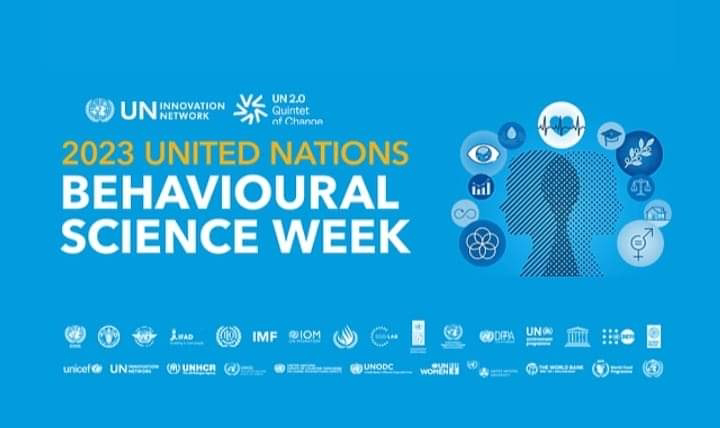Economic Development: What does ‘build back better’ really mean?

Suphachai Chearavanont, is head of Thailand-based CP Group – one of the world’s largest conglomerates – and chairperson of UN Global Compact Thailand. With companies in 22 countries, across a wide range of sectors - from agriculture to automobiles, pharmaceuticals and property development - Mr. Chearavanont has an insider’s view of the huge changes, exacerbated by the COVID-19 pandemic, that are taking place across Asian economies.
CP Group has been a
participant in the UN Global Compact, the world’s largest sustainability
initiative, since 2003. This means the group has committed to aligning with ten
Business Principles, on human rights, labour, environment and anti-corruption.
UN News spoke to Mr. Chearavanont in his office in Bangkok, and started by
asking him if the impacts of the pandemic, are making it harder to stick to
those commitments.
“The pandemic has of
course had a big impact on the world, on Thailand, and on CP Group, even though
we are not involved in the most heavily affected industries, such as those
related to tourism or logistics. However, we are as committed to sustainable
development as ever, if not more so: I think that COVID-19 is a reminder that
we need to live sustainably and responsibly, and deal with the wellbeing and
health aspects of how we live together, in a society.
Despite the terrible toll of this pandemic, the impact of climate change poses
a much greater threat to the continued existence of mankind.
At the same time, we
have been trying to help the public, and the Government, to cope, and setting
up initiatives to address the concerns of employees. We have some 350,000
workers, and we told them that there would be no layoffs. In fact, we are
hiring 20,000 delivery staff. This also helps us to ensure business
continuity.”
Nevertheless, Southeast Asia is seeing a large
increase in unemployment, and there is an ongoing discussion about the impact
of automation on unemployment…
“It is part of the
responsibility of the private sector to not create more burdens for the public
and the government: before we cut head count, we really need to look at other
ways to cut costs, and weather the storm. There are many things that can be
done before laying off people, even without government incentives and support.
We need to take a long-term view, assess how long this period of uncertainty
will last, and look at what we can do.
With every crisis
comes opportunity, and this crisis could actually help business to transform,
and come back better, and stronger. Leaders and managers can show that it is
possible to maintain jobs and take care of employees, and that this is a
perfect time to change the culture, move out of our comfort zones, and open up
for positive change.”
Is a radical transformation needed, in the way
that big business, and the global economy, operate?
“For us, an important element was aligning
with the UN Global Compact’s Business Principles (operating in ways that, at a
minimum, meet fundamental responsibilities in the areas of human rights,
labour, environment and anti-corruption), and the 17 Sustainable
Development Goals (the UN’s blueprint to achieve a better
future for all).
In our view,
sustainability is about ensuring that people in a country prosper, so that we
as a company can prosper. We’re not about just taking as much as we can, then
closing down.
We’re aware that as a
company, as an industry, and as consumers, we are consuming natural resources,
and that we need to manage the waste that we produce, including food waste,
plastic waste that ends up in the oceans, and our carbon footprint. We’re also
aware of inequality, that opportunities for a good education, and a good job,
are not distributed evenly.
This awareness leads
to a belief in the need to do the right thing. There’s nothing to lose by doing
it, and it helps you to learn more, and innovate. We need to be able to run our
business with purpose, not only for profit. This is what sustainability means.
And if we don’t do
this, we will end up paying for it, one way or another, whether it’s in terms
of environmental issues, such as climate change, a more unequal society, or
political instability. So why not be more inclusive?”
Do you think a fairer, more inclusive future
is likely?
“Let’s just say that
if all the companies listed on the major stock exchanges decided to announce
targets for things like a neutral carbon footprint, or zero waste, by 2030, or
even 2050…just by setting the targets, they would change the world.That’s because,
whilst people can come to a realization that a change is necessary, many need
to see someone set the example, in order to believe that it’s possible: if you
can do it, then I can do it.
And if your company
can be successful, and profitable, whilst demonstrating inclusivity, tackling
the climate crisis, and addressing human rights issues, then so can mine.
So, the answer is yes.
I’m an optimist, I think that we just have to continue to believe, and set the
right example.”
Mr. Chearavanont is
one of the speakers at the 2020 UN Global Compact Leaders Summit, which takes
place on 15 and 16 June. Due to the COVID-19 pandemic, this year’s summit, will
be a virtual event, with plenaries and sessions featuring guest speakers across
the world.
Marking 20 years since
former Secretary-General Kofi Annan formerly launched the Global Compact, this
year’s edition will focus on post-COVID economic recovery, and how to ensure
that it leads to a socially just, low-carbon and climate resilient world, where
no one is left behind
